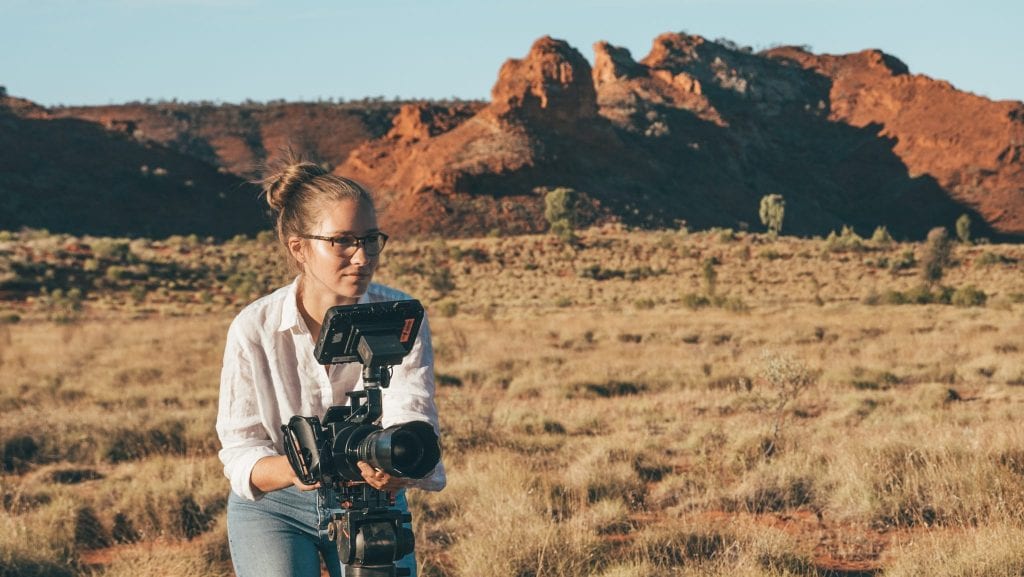Australia is fortunate to have the oldest continuing cultures on earth.
For Rona Glynn-McDonald, a Kaytetye woman raised in Alice Springs, this knowledge is a source of great strength and pride. It also served as the impetus for her business, Common Ground: an online portal sharing Aboriginal and Torres Strait Islander cultures, histories and lived experiences.
“Through written and video content both original and curated, Common Ground shares oral history, song-lines, and learning resources that allow every Australian to access knowledge,” Rona says.
Growing up in Alice Springs, Rona was surrounded by a rich culture of Indigenous Australians. “In our small town alone, there were nine Aboriginal languages spoken, and nine different cultures that looked at the world differently,” she says. It was a world she felt entirely at ease in.
However, when she moved from Central Australia to attend university, Rona says she was ‘astounded’ by the number of people who questioned her culture, the meaning of it and her place within it as a woman with ‘blonde hair’ and fair skin.
“I was astounded when my new friends started to ask me questions about my Aboriginality, wanting to understand and learn from my lived experience. What was culture like back home in Central Australia? What was it like being a Kaytetye woman in modern society? And how could you have blonde hair, fair skin, and a connection to country?” she says.
It wasn’t something that upset or offended her, but it did propel her to want to share her story and that of her people, freely.
“I shared my knowledge with them. This knowledge was something few people had heard before,” she says. “It’s not written in textbooks and it’s rarely shared online. People are yearning for knowledge.”
“It was in these moments that I realised the cultures and histories I knew so well, were foreign to so many Australians,” she says.
While studying at University, Rona undertook a Cadetship at the Central Land Council, an Aboriginal-led organisation representing the rights of Aboriginal people in the southern part of the Northern Territory.
She worked within the Policy team, consulting with Traditional Owners across the Central Australian region.
She also worked at the Research Unit for Indigenous Languages at the University of Melbourne, the Foundation for Young Australians via YLab and Reconciliation Victoria.
She says working with social change organisations cemented her passion “to challenge and disrupt existing ways of thinking and the mechanisms that shape our society.” Naturally, Common Ground became a natural extension of these experiences.
But attempting to make ancient cultures mainstream is not a straightforward task and Rona has faced a number of challenges; making sure she is sensitive to communities and permitted to share their wisdoms.
“Many elements of Aboriginal and Torres Strait Islander cultures are secret and sacred, so Common Ground only shares that which can be publicly shared,” she says.
“The website comprises original and curated educational articles and videos. To begin with, we started by creating educational resources that exhibit common elements found across all First Nations cultures and histories, but as time goes on and we scale we hope to provide a platform for Aboriginal and Torres Strait Islander peoples from across the country to share their unique culture and history through Common Ground,” she says.
“It is important that the content Common Ground shares reflects the diversity and depth of Aboriginal and Torres Strait Islander experiences across our country.”



